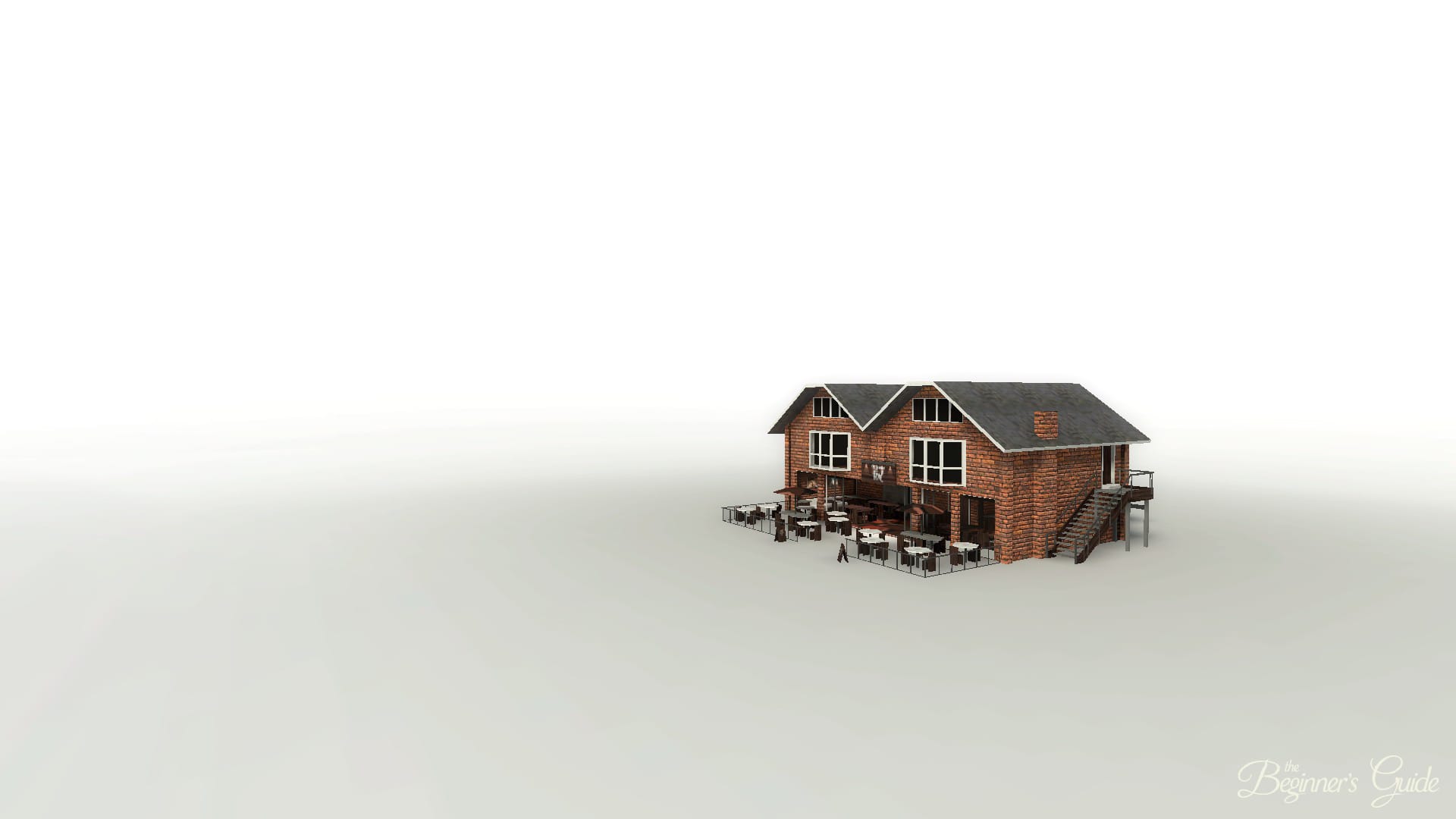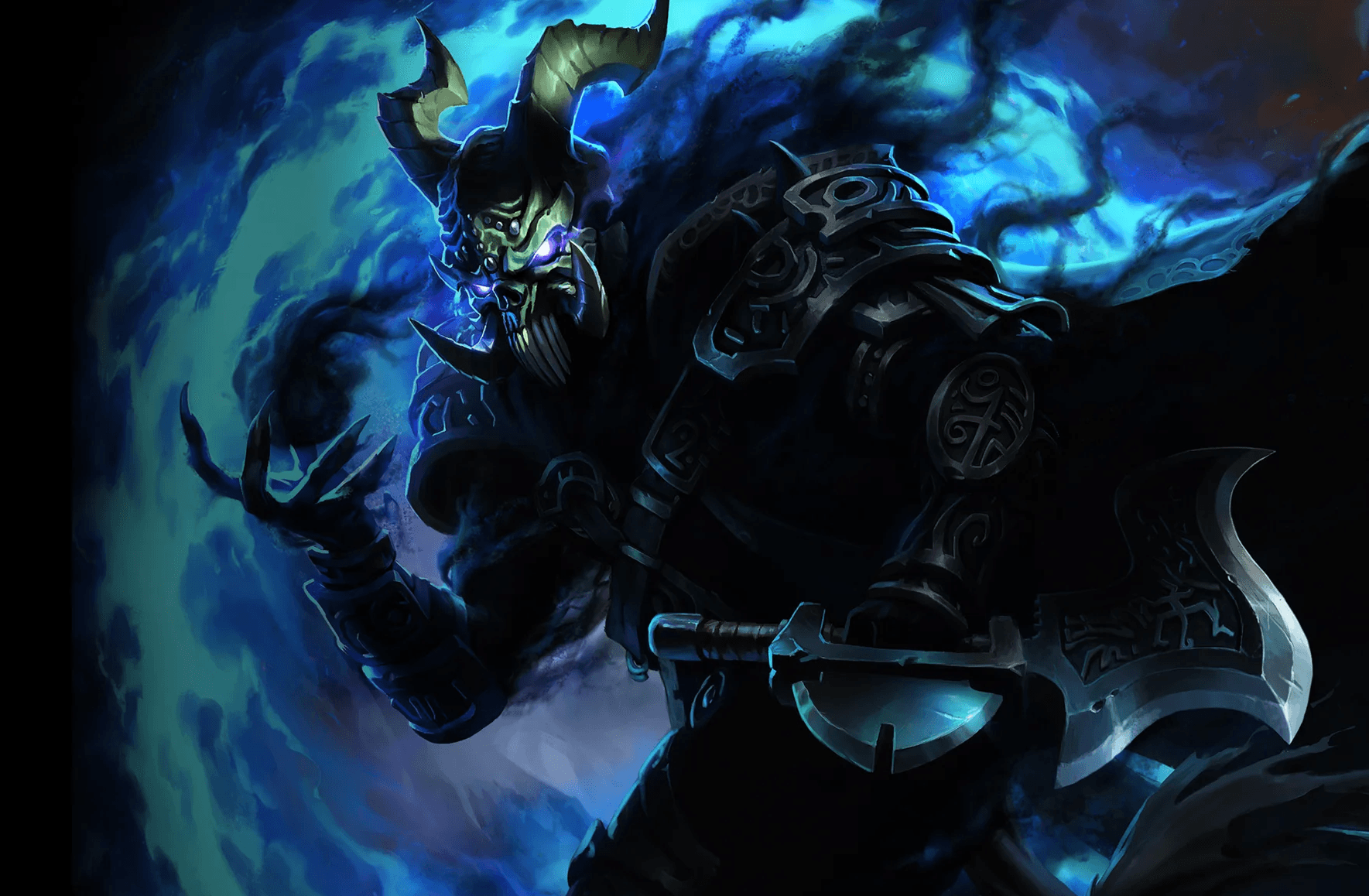Franz Kafka. You’ve probably heard the name before at the very least, even if you haven’t read any of his works. Kafka is regarded today as one of the most influential writers of the 20th Century, writing a large collection of short stories alongside several novellas such as The Metamorphosis and The Trial. Kafka’s writing is full of strange things happening to people for no evident reason, with main characters that are powerless in the face of unreasonable external bureaucracies and who often meet sudden, unfortunate ends. Indeed, his particular style of writing even has its own word; Kafkaesque. During his lifetime, Kafka published almost nothing and when he died aged 40 from tuberculosis, he left instructions to his executor Max Brod to destroy all of his writings. Thankfully, Brod ignored Kafka’s instructions and decided to publish everything instead. Kafka, perhaps more acutely than many other writers, seems to be able to talk through his stories about himself; his sense of isolation, loneliness, the futile pursuit of unobtainable goals. His stories are just as readable today because they examine common themes relevant to all of us; how we choose to live our lives and what we choose to make of them.
The reason I mention Kafka is because I kept thinking about his writings whilst playing The Beginner’s Guide. In itself, The Beginner’s Guide is almost uncategorizable as a videogame. Indeed, it almost feels unfair giving it an arbitrary score. As a purely mechanical experience, it’s similar in scope to the lead writer Davey Wreden’s previous game, The Stanley Parable, being essentially a “walk-‘em-up” free from typical gameplay aside from simply walking around. However, The Beginner’s Guide is most definitely not The Stanley Parable, and those looking for a similar experience (or expecting a humour-filled tale) will be very disappointed. Instead, The Beginner’s Guide is a glimpse behind the curtain of game design; it attempts to get inside both the head of its own developer and your head, by presenting a narrative that is constantly open to scrutiny. The level of truth or falsehood of the experience is up to you to decide and reflect on, as are the ethical or social considerations. If you’re willing to let it inside, The Beginner’s Guide may change your perceptions like few other games have ever managed to do.

The facts, as they appear, are thus. The game is narrated by Davey Wreden, writer of The Stanley Parable, first released as a mod for Half-Life 2 in 2011, and then as a full game in 2013. He speaks to you, the player, whilst you play through a series of small games apparently created by another developer called Coda, whom Wreden befriended at a game jam. When I say “you”, I literally mean you, reading this right now. In The Beginner’s Guide, there is no fourth wall; it is a game without an obvious artificial narrative, or at least so it first appears. Wreden expresses his interest in the games Coda created and walks you through them in chronological order, offering his critique along the way. Most of these games are unfinished, experimental, or purposefully minimalistic, with crude looking graphics and empty environments. Occasionally there are dialogue choices or a minor puzzle, but the main driving force pushing you onward is Wreden’s narration. Wreden offers his own insight into what he believes Coda was feeling and thinking whilst he was developing these levels, and through his words, the same thoughts start to rub off on you. I confess to feeling progressively more nervous, worried, and depressed as I went further down the rabbit hole. It eventually culminates in a climax that is both confusing and emotionally draining, leaving you questioning everything you previously played.
The Beginner’s Guide lasts about 90 minutes, but the feeling it gives you will last quite a bit longer. It leaves you will so many questions, but precious few answers. The elements of truth or falsity in the central metanarrative are central questions which must be grappled with, alongside your own involvement in playing the game in the first place. Here I come back to Kafka because Coda, like Kafka, never wanted his works published. Wreden states that Coda only showed him his games, but never wanted them distributed them online. Playing through the levels, you feel an innate sense of unease, as you’re potentially playing through something which the creator had intended to remain private; almost like reading a secret diary. Similarly, there’s unease in how much Wreden imprints his own emotional state onto Coda, and how Wreden’s narration influences your emotional reaction to Coda and Wreden’s relationship. More than anything else, The Beginner’s Guide appears to be an intensely autobiographical work for Wreden, with his narrations sometimes offering painfully honest appraisals of his own failures, including his self-serving desire for external validation. Indeed, Wreden has written about how he sank into a depression after releasing The Stanley Parable, and The Beginner’s Guide often feels like some kind of attempt at catharsis. For that, I cannot commend it enough.
The Beginner’s Guide is not for everyone. Some will accuse it of pretentiousness, of delving into faux-philosophical musings which it doesn’t properly investigate. Some will simply say it’s boring, short, and pointless. I say The Beginner’s Guide is unique. As a digital experience, there is nothing quite like it. It won’t really reward multiple playthroughs, but it doesn’t particularly matter. There is something quite special in The Beginner’s Guide which I find incredibly difficult to put into words. Its honesty and emotional depth is something that comes across as truly refreshing and genuine. Wreden’s narration never feels forced or false, and despite the low-fidelity environments, some of the levels are highly memorable. When it comes down to it, The Beginner’s Guide raises one important question above all; what do you want from life? It can’t give you an answer because this is different for everyone. Nonetheless, I hope Wreden has found what he wants and enjoys, and is happy to do it. Me… I think I’m still searching.






